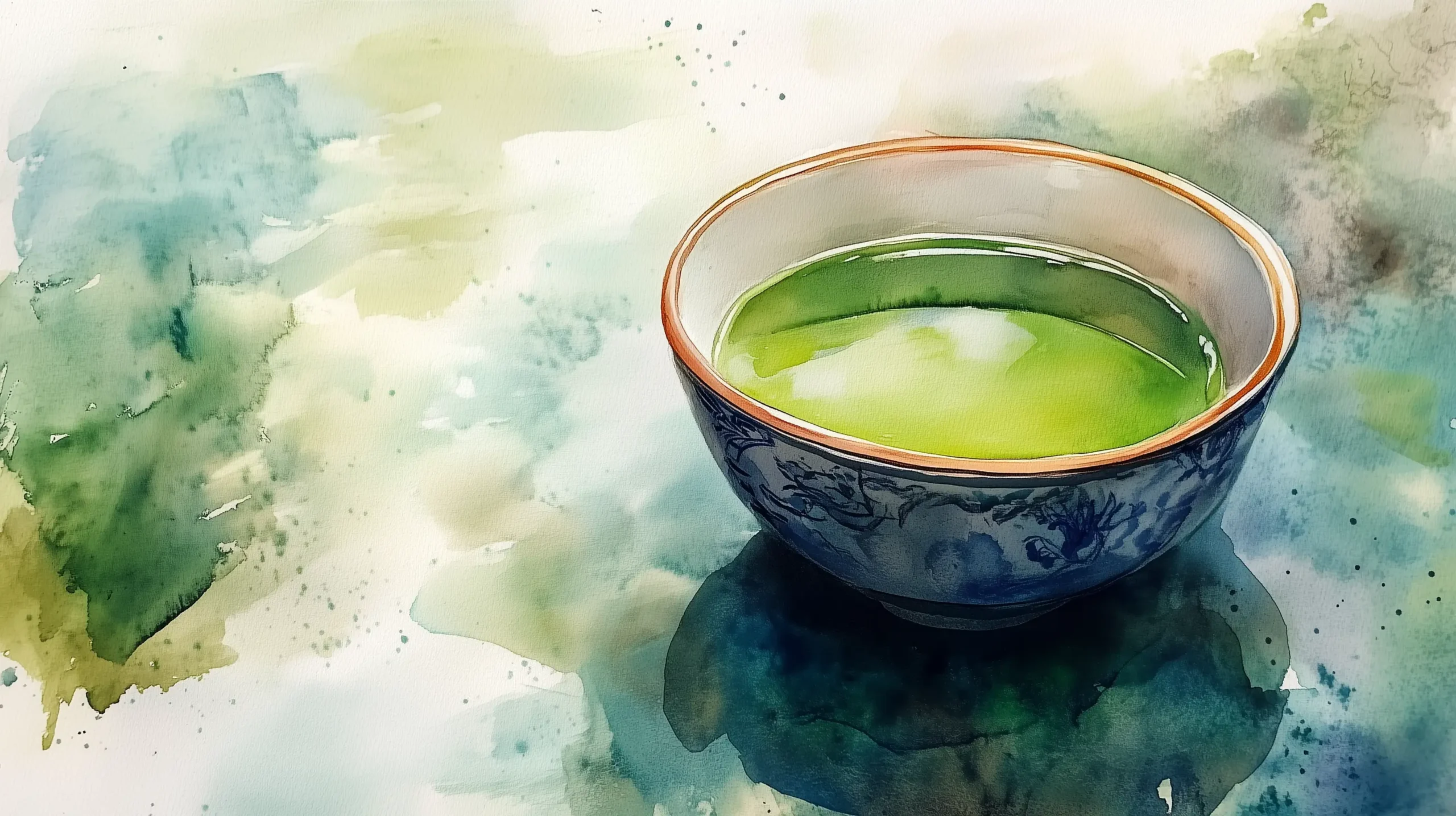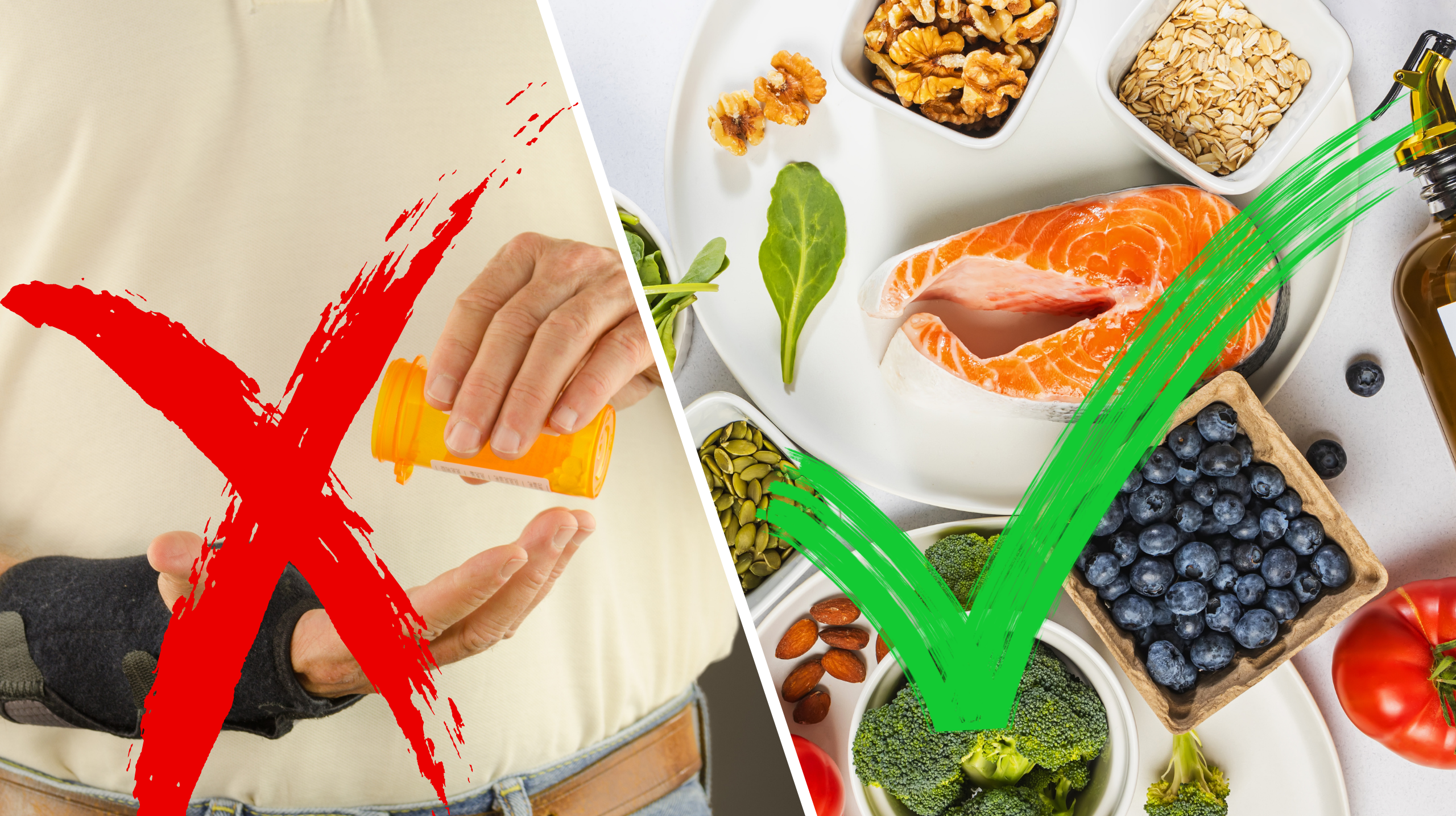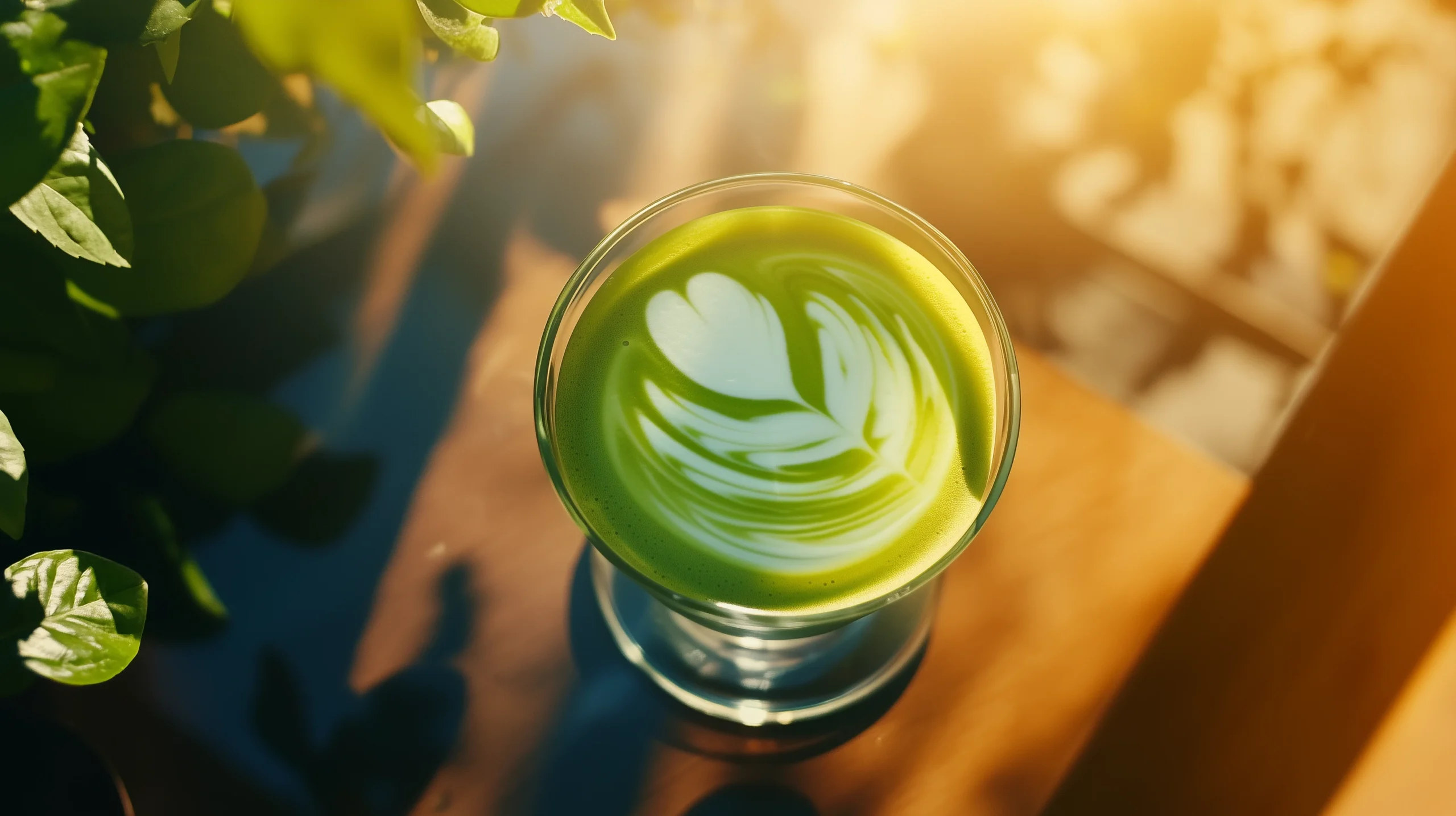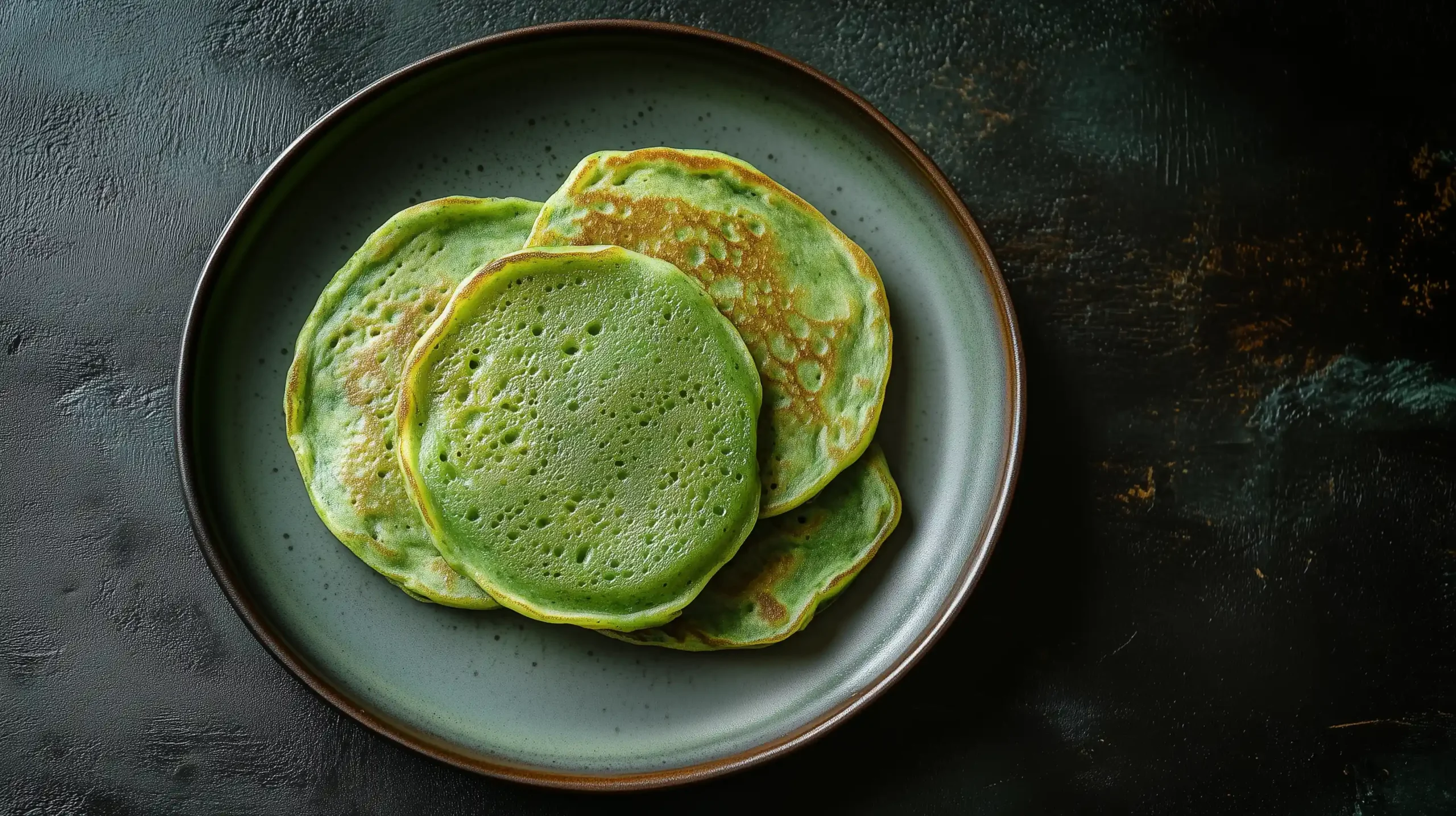The History Of Matcha
From its roots in the peaceful environments of Zen monasteries to contemporary coffee shops, matcha—this green powerhouse with unique taste—is everywhere. It is not merely a drink, but an affirmation of culture, tradition and health, this powdered version of green tea.
The Origins of Matcha
In fact, Matcha traces its roots back to China during the Tang dynasty (618–907 AD), where tea was originally ground up into a powder. Also in this time is when whisking tea powder within hot water came about. But it was in Japan that matcha found its home, introduced by a Zen Buddhist monk called Eisai who returned in 1191 with tea seeds from China. Tea’s medicinal virtues (particularly its calming effects which were ideal for meditation) were extolled by Eisai in his Kissa Yojoki (The Book of Tea)[^1].
The History of Matcha and the Japanese Tea Ceremony
By the time matcha had a significant cultural role, it was Chanoyu or the Japanese tea ceremony. The ceremony: Matsuo Bashō in a tea house. This type ritual (often called Zen), is a performance form of art synonymous with the concepts of harmony, respect, purity and tranquility. Matcha is prepared and presented in such a way that consuming the tea becomes a meditative practice, bringing the drinker closer to the present moment and their surroundings[^2]. A Japanese breakfast, the aesthetics of a tea ceremony embody that wabi-sabi aesthetic which celebrates simplicity and imperfection, and while doing so draws focus to the beauty in the preparation and consumption process of matcha.
From Ceremony to Wellness: The Health Benefits of Matcha
Although matcha’s initial respect was as a visual and spiritual practice, only in modernity are its health benefits being substantiated by science — something that traditional users understood intuitively for millennia:
- Antioxidants: Matcha is rich in catechins, a type of antioxidant known for its anti-inflammatory properties. Studies have shown that catechins, particularly EGCG, can reduce the risk of chronic diseases by combating oxidative stress[^3].
- Mental Clarity: The caffeine + L-theanine matchamatic is a unique combination. Caffeine is the stimulant, while L-theanine unit relaxation. The combination leads to a state of alert calm mentally, which is why Zen monks drank matcha during their meditations.[^4].
- Detoxification: The high chlorophyll content of matcha supports detoxification, contributing to the removal of harmful toxins from the body, something that its ancient consumers probably reaped unknowingly[^5].
- Heart Health: Matcha has been linked with favorable cardiovascular markers such as reduced LDL cholesterol and blood pressure when consumed regularly, promoting heart health[^6].
The History of Matcha in the Modern World
Today, matcha is no longer reserved for ceremonial use but has become an international health craze. Gone are the days when it was just about the taste or the ritual, as now it is more about all of that combined along with its health benefits. As health-conscious consumers continue to seek out natural, nutrient-dense foods, matcha has crept into lattes, smoothies, desserts and even savory dishes.
With the world’s acceptance of matcha, more and more research has been conducted on its health benefits confirming what had previously been anecdotal knowledge:
- Weight Management: According to studies, weight management may be supported by matcha through improved thermogenesis and fat oxidation.[^7].
- Cognitive Enhancement: The specific composition of nutrients in matcha may improve cognitive function, including memory, attention, and reaction time[^8].
The Matcha Solution
Matcha’s path from being/drinking tea in a Japanese ceremony to one step away from dropping into the hot tub of superfood history reflects a harmony of tradition and science. The lasting charm of it isn’t limited to just its flavor, but also all-over health-oriented benefits. In an age where we look back to homespun cures for what ails us, matcha is the perfect example of how ancient traditions can elbow their way into modern life.
Experience the Tradition and Health of Matcha
Now you can enjoy this ancient beverage in its purest form with our Organic Matcha. Cultivated with care, our matcha promises not only the unparalleled taste that has been cherished for centuries but also the health benefits validated by modern research.
Sources:
[^1]: Sen, S. (1979). The Japanese Way of Tea: From Its Origins in China to Sen Rikyu. University of Hawaii Press.
[^2]: Kondo, H. (1987). The Way of Tea: An Introduction to the Japanese Tea Ceremony. Kodansha International.
[^3]: Chacko, S. M., et al. (2010). Beneficial effects of green tea: A literature review. Chinese Medicine, 5(13).
[^4]: Nobre, A. C., et al. (2008). L-theanine, a natural constituent in tea, and its effect on mental state. Asia Pacific Journal of Clinical Nutrition, 17(Suppl 1), 167-168.
[^5]: Lin, Y., et al. (2018). Effects of matcha green tea powder on metabolic syndrome in high-fat-diet-induced obese mice. Journal of Nutritional Science and Vitaminology, 64(6), 432-440.
[^6]: Yang, C. S., et al. (2011). Cancer prevention by tea: Animal studies, molecular mechanisms and human relevance. Nature Reviews Cancer, 11(6), 429-439.
[^7]: Dulloo, A. G., et al. (1999). Efficacy of a green tea extract rich in catechin polyphenols and caffeine in increasing 24-h energy expenditure and fat oxidation in humans. American Journal of Clinical Nutrition, 70(6), 1040-1045.
[^8]: Dietz, C., & Dekker, M. (2017). Effect of green tea phytochemicals on mood and cognition. Current Pharmaceutical Design, 23(19), 2876-2905.






